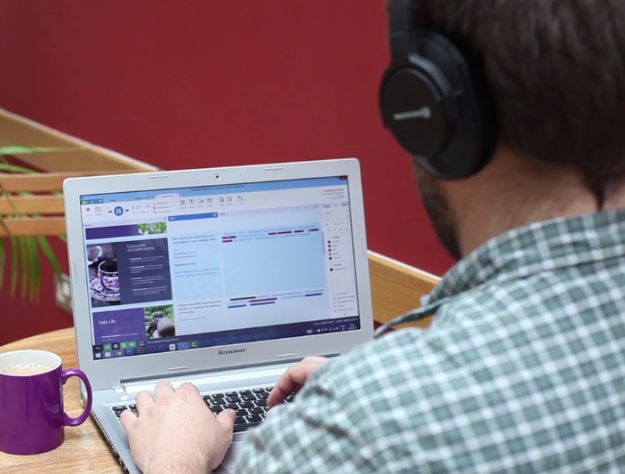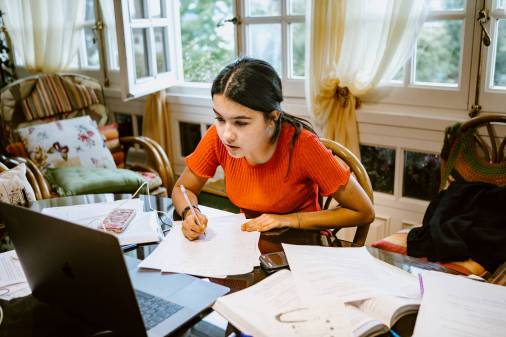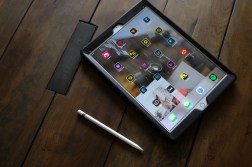College students with disabilities benefit from Audio Notetaker

Technology can enhance education for some students, but it can make all the difference in the lives of others.
The University of Nevada, Reno, has purchased licenses to use Sonocent Audio Notetaker for students who have disabilities or impairments. The solution allows students to record lectures, take notes, highlight key points and add slides, text and diagrams alongside the recordings.
And the program, which is also used at some University of California schools, may soon expand to include the entire campus.
Darrin McCarthy, the assistant technology and electronic information technology specialist at the school, has led the search for digital products that make students who may deal with visual impairments, learning disabilities or psychological issues, feel more comfortable in their classes.
“Ideally what we
wanted was for the students to be able to record the lecture, and then, at a later
point, go back through it and help them with what they missed,” McCarthy, whose background is in global IT consulting, said in an interview.
He added that a student with attention deficit hyperactivity disorder “might not even hear half of [the lecture]. This is a way for them to go back and
get material a second or third time.”
For about three years, the school used Livescribe Smartpens, which allowed students to record lessons – but they still had to take traditional notes, McCarthy said. He found Audio Notetaker after talking to a colleague, and piloted it during a summer session with a handful of students.
After introducing it more widely, he said, students’ average GPA increased by two grade levels.
“That’s the difference between a C and a B-,” McCarthy said. “When students
first come in, and I’m showing them how to use it, they look overwhelmed. After they use it, they come back and we hear
things like, ‘Studying is not such a chore now.’ That’s huge for
me.”
During the spring semester, about 1,200 students were affiliated with the disability resource center on Reno’s campus. That number is expected to grow to about 1,600 this fall.
The school currently pays about $200 per license, which lasts five years, for about 60 students.
But that may grow, McCarthy said. The university has been steadily moving towards a flipped classroom model, in which students will watch videos of lectures at home, and then discuss the material during the school day.
“This tool supports flipped classrooms – it allows the professor to create the same lecture he’d give you in person, and students can prep ahead of time,” he said. “So when they go into class, they have everything ready. This is definitely where we want to move to.”
Reach the reporter at corinne.lestch@edscoop.com and follow her on Twitter @clestch and @edscoop_news.




